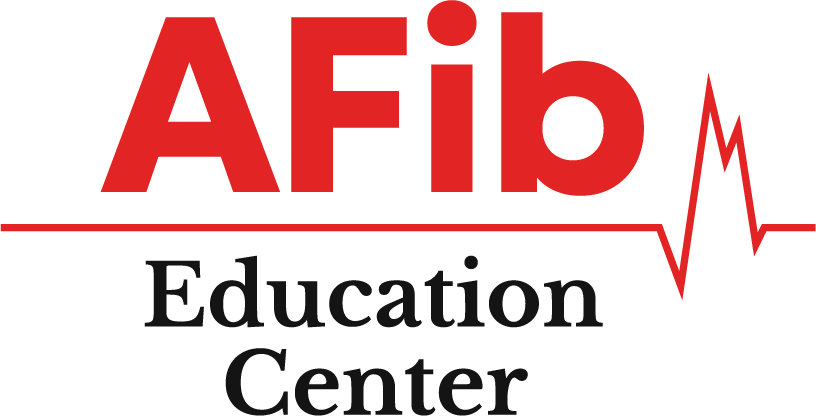RF Ablation in Atrial Fibrillation
RF catheter ablation is a leading treatment for atrial fibrillation (AFib), using heat to eliminate abnormal heart cells responsible for this arrhythmia. Unlike other methods like cryoballoon or pulse field ablation, RF ablation offers precise targeting and versatility for complex cases.
Key Points Covered
- Method: Uses heat to cauterize AFib cells, restoring normal heart rhythm.
- Procedure: Catheter inserted through leg veins to heart under X-ray guidance; heats catheter tip to burn cells.
- Procedure Details:
- Access: Leg veins to heart.
- Operation: Targets clusters of AFib cells with precise heat application.
- Historical Context and Evolution:
- Early Days: Lengthy procedures, high complications, limited success in early AFib stages.
- Modern Advances: Reduced procedure times, enhanced safety, improved outcomes in complex AFib cases.
- Advantages of RF Ablation:
- Flexibility: Targets multiple heart areas effectively.
- Precision: Allows detailed, thorough treatment of AFib cells.
- Challenges and Risks:
- Collateral Damage: Risk of heat-related tissue damage.
- Skill Requirement: Demands high expertise, especially in complex cases.
- Comparison with Other Methods:
- Cryoballoon: Simpler for basic cases, faster for specific areas.
- Pulse Field Ablation: Newer, uses electrical pulses with less collateral damage.
- Technological Advances:
- Force-Sensing Catheters: Enhances depth control for safer treatment.
- Modern Catheters: Reduces complications, improves effectiveness.
- Clinical Applications:
- Early-Stage AFib: Effective near pulmonary veins.
- Advanced AFib: Versatile in treating multiple heart walls.
- Procedure Success Factors:
- AFib Stage: Effectiveness varies with cell extent and location.
- Physician Skill: Crucial for handling complex cases.
- Decision-Making Considerations:
- AFib Complexity: Suitable for extensive AFib involving multiple heart walls.
- Patient’s Condition: Tailor approach to individual health needs.
- Practical Considerations:
- Procedure Time: Modern RF ablation handles complex cases efficiently.
- Multiple Procedures: Some cases may need multiple sessions.
- Treatment Customization:
- Tailored Approach: Based on patient’s AFib stage and physician expertise.
- Continuous Evaluation: Regular adjustments based on patient response.
RF catheter ablation remains pivotal in AFib treatment, offering precise targeting and flexibility for complex cases when coupled with skilled expertise and tailored patient care.
